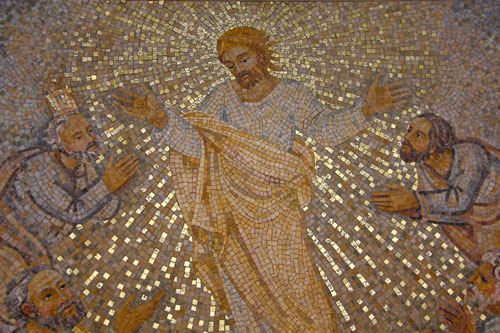Fellow Laborers
Mark, Aristarchus, Demas, Luke, my fellow laborers.
(Philemon 24)
This email of encouragement is intended for pastors, preachers, and Bible teachers – those who serve the Lord and His people through the ministry of the Word. I try to send it out every other week, and I send it on Mondays because I think that many of you have worked hard to serve the Lord over the weekend. I hope you can see some encouragement in this short verse from Philemon.

In this verse, Paul listed four people whom he regarded as his fellow laborers. They were:
– Mark (most likely John-Mark, the author of the Gospel of Mark)
– Aristarchus (one of Paul’s companions and fellow-prisoners)
– Demas (a companion of Paul who later forsook him)
– Luke (Paul’s companion and the author of the Gospel of Luke)
Yet, in Paul’s other letters, we find a few others whom he also regarded as his fellow laborers, notably Timothy (1 Thessalonians 3:2) and Philemon (Philemon 1).
Is it too much of a stretch to say that we also are fellow laborers with Paul and all others who have served God and His people through the generations? The circle of Paul’s fellow laborers didn’t only include the people of his own time, but also the circle extended into the future.
If you are a servant of God, think about the team you belong to: Paul, Peter, Timothy, Priscilla and Aquilla, Lydia, Polycarp, Athanasius, Francis, Martin and Katie Luther, Zwingli, Spurgeon, Amy Carmichael, Moody, Corrie ten Boom, Billy Graham – it’s an unending list!
So, don’t forget that we are laborers. If you’re tired after a weekend of serving, it’s OK – it’s work!
But also, don’t forget that we are fellow laborers. We serve God in connection with all His servants in generations past and present – and future, should the Lord tarry!
What a wonderful team we are on, with Jesus Christ the captain of our salvation (Hebrews 2:10).
Blessings to You in Jesus’ Name – David Guzik
Click Here to Receive Email from David for Pastors, Preachers, and Bible Teachers












